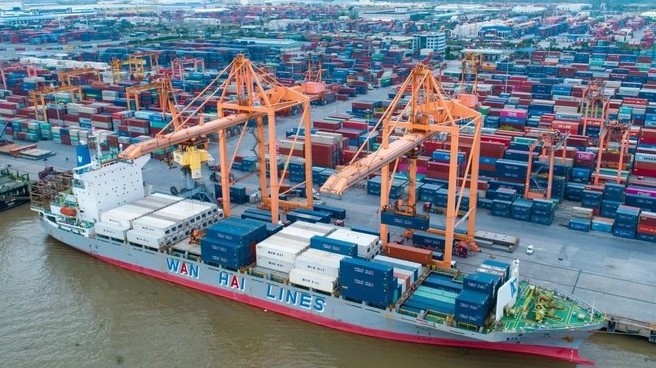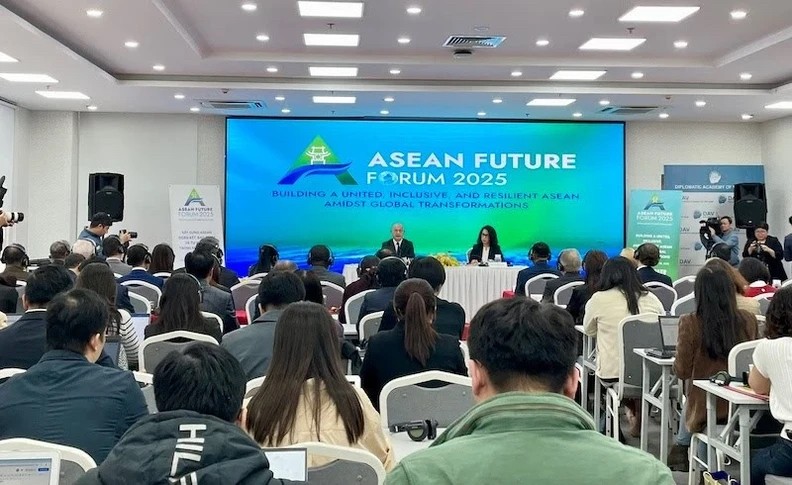Algeria - A Potential Market for Vietnamese Coffee
Algeria is currently on the list of Vietnam's 10 largest raw coffee export markets. For many years, coffee has also been Vietnam's No. 1 export product to Algeria. It accounts for over 60% of the total export value of goods from Vietnam to Algeria. On the other hand, Vietnamese coffee accounts for 30-50% of Algeria's imported coffee market share.
In Algeria, 100% of coffee is imported. As this is the most popular drink in the country with more than 46 million people, each year, Algeria imports about 130,000 tons of coffee beans of all kinds. The imported value is about US $300 million.
The main coffee exporting countries to Algeria are Vietnam, Brazil, Colombia, Indonesia, Côte d'Ivoire, Ethiopia, and Uganda.
Coffee is imported in raw form (beans) and is roasted and processed by Algerian importers at factories according to the tastes of Algerian consumers and the country's import policy. Robusta coffee type accounts for the majority of Algeria's total coffee imports (over 85%), the remainder is Arabica coffee. The total tax and fee for importing coffee into Algeria is 63%.
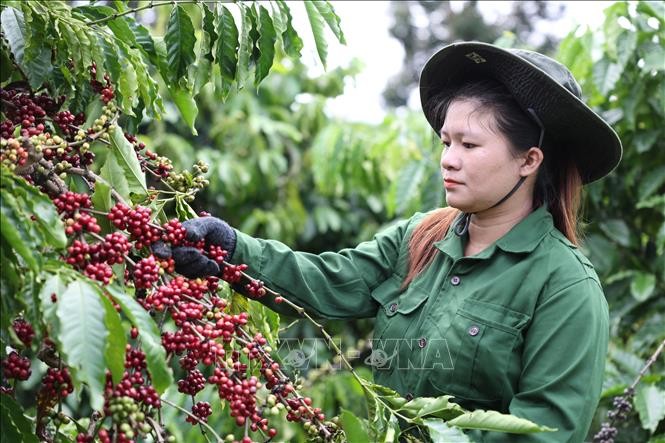 |
| Algeria is a potential market for Vietnamese coffee (Photo: VNA). |
According to Vietnamese trade counselor in Algeria Hoang Duc Nhuan, Vietnamese coffee is highly appreciated by Algerian importers and consumers for its quality and flavor.
Vietnamese coffee has a special flavor, creates high foam, and has the ability to absorb sugar better than coffee from other countries. Despite the geographical distance between the two countries, Vietnamese coffee is still prioritized for import into Algeria and often holds the largest market share.
Algerian roasters often mix Vietnamese coffee with coffee from other countries during processing in different proportions, said Nhuan. Algerian importers are most interested in the supply of green coffee beans from Vietnam, especially at the beginning of the harvesting season.
Vietnam's raw coffee also has great potential to expand market share in other African countries, especially North Africa such as Egypt, Libya, Morocco, and Tunisia. In most North African countries, only importing raw coffee and green coffee beans for roasting and processing domestically is allowed. It is to suit local consumer tastes and increase added value while creating jobs for the local citizens. On the other hand, importers often look to buy raw coffee (size 16 or 18) at an affordable price, no more than the selling price of international intermediaries.
Nhuan advised exporters that they can start by actively participating in trade promotion activities such as international fairs and exhibitions, trade conferences in person, online, and through the Vietnam Trade Office system in a number of North African countries. That way, they can proactively seek import partners and customers for the upcoming harvest.
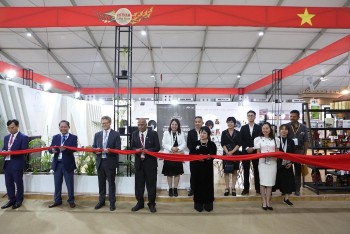 | Vietnam Pavilion Inaugurated at World Coffee Conference & Expo 2023 Major enterprises of Vietnam introduced their popular coffee products at the 5th World Coffee Conference & Expo (WCC) in Bengaluru city, India. |
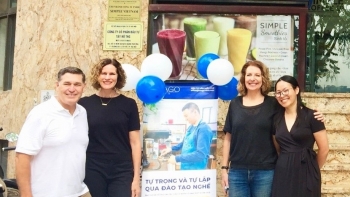 | Expat Spotlight: Julie Schumacher, Michelle and Mike Beard - Brewing Inclusive Workplaces in Hanoi "Simple Coffee & Imago Work Social Enterprise" is a story of three American expats who share a common dream of building an inclusive work environment ... |
 | A Guide to the Most Inclusive Coffee Shops in Hanoi Find out more about special shops in the capital city with one of the most under-represented talent pools - workers with disabilities. |

